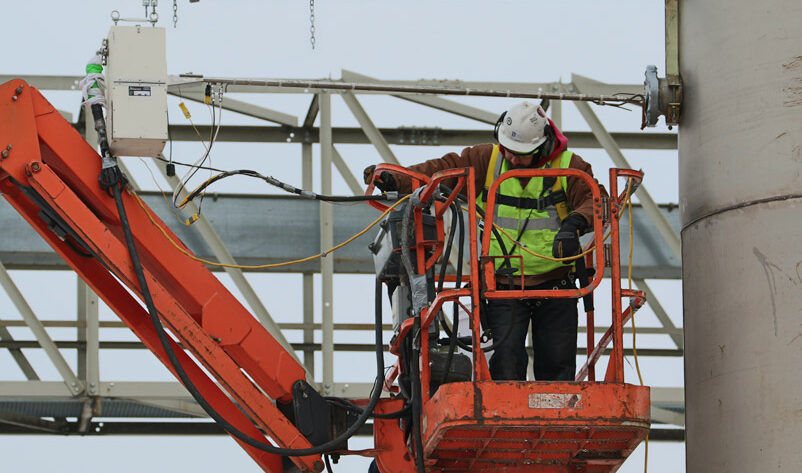Industrial Emission Compliance Test
The Industrial Emission Compliance Test is a critical service that ensures compliance with stringent environmental regulations in the oil and gas sector. This test is essential for companies operating within this industry to ensure they are meeting both national and international standards set by regulatory bodies like the Environmental Protection Agency (EPA) and the International Organization for Standardization (ISO).
Our team at [Lab Name] conducts these tests using state-of-the-art equipment and methodologies. The test involves analyzing various emissions from industrial processes, including volatile organic compounds (VOCs), nitrogen oxides (NOx), sulfur dioxide (SO2), carbon monoxide (CO), and particulate matter (PM).
Firstly, we gather samples of the emissions at specific points within the facility. The sampling process involves using specialized equipment such as gas chromatographs, mass spectrometers, and other advanced analytical instruments. These tools help us measure the concentration levels of different pollutants accurately.
The collected data is then analyzed according to internationally recognized standards, including ISO 14067 for greenhouse gas inventory and reporting. Our laboratory adheres strictly to these guidelines to ensure accurate and reliable results. Once all analyses are completed, we generate detailed reports that outline our findings along with recommendations for reducing emissions where necessary.
It is important to note that this service plays a vital role in maintaining not only the environment but also public health. By ensuring strict adherence to emission limits prescribed by local authorities and international agreements, businesses can avoid fines and penalties associated non-compliance. Furthermore, compliance with these standards helps improve air quality, which positively impacts communities surrounding industrial facilities.
Our expertise lies in providing comprehensive support throughout the entire process—from initial consultation through final report delivery. We understand that each organization has unique needs when it comes to managing its emissions responsibly. Therefore, our approach is tailored specifically for your company’s requirements while adhering to global best practices."
Why It Matters
The Industrial Emission Compliance Test matters because environmental regulations are becoming increasingly stringent across the globe. As an oil and gas organization, failing to comply could lead to severe consequences including hefty fines, reputational damage, and potential legal action.
Furthermore, non-compliance might result in increased operational costs due to necessary corrective measures or upgrades required to meet regulatory standards. By partnering with a reputable laboratory like ours for regular testing and monitoring, your business can proactively address any issues before they escalate into larger problems."
Scope and Methodology
The scope of our Industrial Emission Compliance Test includes various types of pollutants commonly found in oil and gas operations. These include but are not limited to VOCs, NOx, SO2, CO, PM, methane (CH4), ethane (C2H6), propane (C3H8), nitrogen dioxide (NO2), ozone (O₃), and hydrogen sulfide (H₂S).
- We use gas chromatography-mass spectrometry (GC-MS) to identify individual components of the sample.
- For particulate matter, we employ laser scattering techniques.
- Ozone concentration is measured using UV absorption spectroscopy.
The methodology followed ensures accurate and precise measurements. Our team adheres strictly to ISO 14067 for greenhouse gas inventory and reporting as well as other relevant international standards."
International Acceptance and Recognition
- The results of our Industrial Emission Compliance Test are internationally recognized and accepted by countries adhering to the Kyoto Protocol.
- Our findings comply with U.S. Environmental Protection Agency (EPA) regulations for stationary sources under Title V permitting programs.
- We follow European Union guidelines as outlined in Directive 2010/75/EU on industrial emissions, ensuring compatibility with EU directives.
Our laboratory has been accredited by the American Society for Testing and Materials (ASTM) for its proficiency in conducting these types of analyses. This certification guarantees that our methods are accurate, reliable, and consistent."





